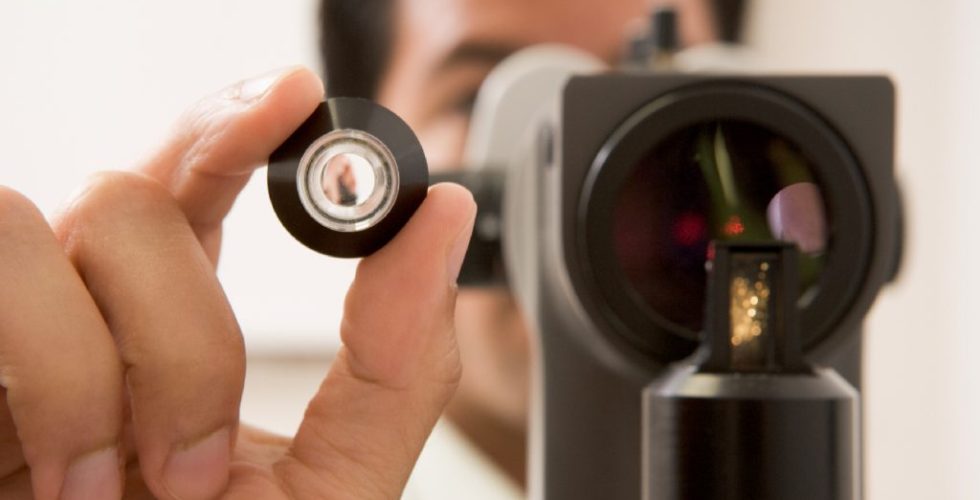
When you change your glasses, you go through vision screening tests. These screenings generally test your vision acuity, or the ability to see near and far objects, by asking you to identify the letters on a vision chart across the room.
While these tests are effective in detecting common vision problems like near-sightedness (myopia), far-sightedness (hyperopia) and astigmatism, they are usually unable to detect more subtle vision problems and potential sight-robbing diseases.
Comprehensive eye health checks, on the other hand, are performed by licensed optometrists who examine both your vision acuity and overall health of your eyes from front to back. Early signs of serious eye problems like glaucoma, cataracts and macular degeneration can be detected through these tests. Glaucoma is a common cause of blindness, but barely shows any symptoms until the acute stage, making it harder to treat. Loss of vision can be reduced, or even prevented if these eye diseases are identified and treated early.
Optometrists can also identify early signs of diabetes, high blood pressure, and even risk of stroke by examining the appearance of the delicate blood vessels and inner structure of the eye.
Ignoring the need for eye health checks could mean that you miss the early signs of many diseases, and the chance to protect your vision. Many optical stores will have a trained optometrist who is able to perform thorough eye checks. Head to your nearest optical store, and get your eyes checked today!
